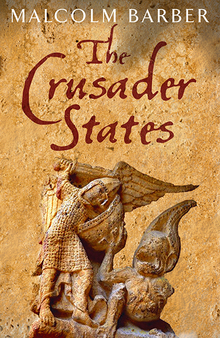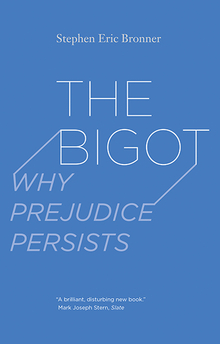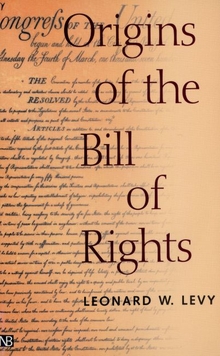The Crusader States
WARNING
You are viewing an older version of the Yalebooks website. Please visit out new website with more updated information and a better user experience: https://www.yalebooks.com
Malcolm Barber
The only full account of life and culture in the twelfth-century crusader states, where religious battles raged and civilizations collided
When the armies of the First Crusade wrested Jerusalem from control of the Fatimids of Egypt in 1099, they believed their victory was an evident sign of God's favor. It was, therefore, incumbent upon them to fulfill what they understood to be God's plan: to reestablish Christian control of Syria and Palestine. This book is devoted to the resulting settlements, the crusader states, that developed around the eastern shores of the Mediterranean and survived until Richard the Lionheart's departure in 1192. Focusing on Jerusalem, Antioch, Tripoli, and Edessa, Malcolm Barber vividly reconstructs the crusaders' arduous process of establishing and protecting their settlements, and the simultaneous struggle of vanquished inhabitants to adapt to life alongside their conquerors.
Rich with colorful accounts of major military campaigns, the book goes much deeper, exploring in detail the culture of the crusader states—the complex indigenous inheritance; the architecture; the political, legal, and economic institutions; the ecclesiastical framework through which the crusaders perceived the world; the origins of the Knights Templar and the Hospitallers; and more. With the zest of a scholar pursuing a lifelong interest, Barber presents a complete narrative and cultural history of the crusader states while setting a new standard for the term "total history."
“The Crusader States offers important insights into an often misunderstood episode of medieval history.”—Mary Alberi, The Historian
Publication Date: November 25, 2014
15 b/w illus., 2 figs, + 21 maps








